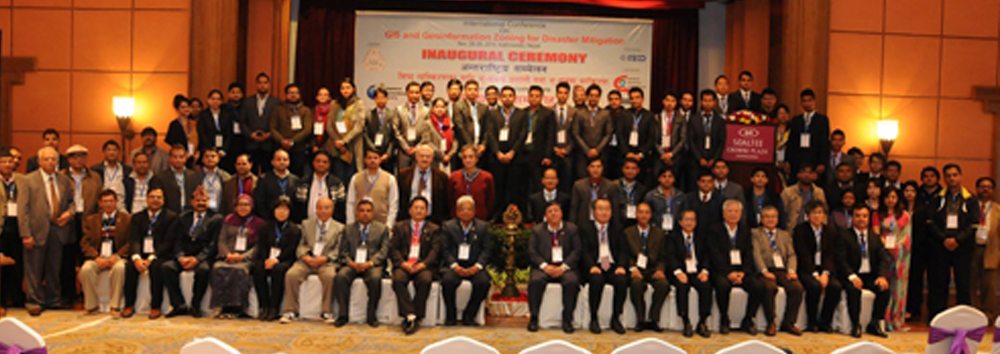Engineering Geology
An Applied Science in which geology applying to engineering study for the purpose of assuring that the geological factors regarding the location, design, construction, operation and maintenance of engineering works are recognized and accounted for. Engineering geology studies may be performed during the planning, environmental impact analysis, civil or structural engineering design, value engineering and construction phases of public and private works projects, and during post-construction and forensic phases of projects. Works completed by engineering geologists include; geological hazard assessments, geotechnical, material properties, landslide and slope stability, erosion, flooding, dewatering, and seismic investigations, etc. Engineering geology studies are performed by a geologist or engineering geologist that is educated, trained and has obtained experience related to the recognition and interpretation of natural processes, the understanding of how these processes impact human made structures (and vice versa), and knowledge of methods by which to mitigate against hazards resulting from adverse natural or human made conditions. The principal objective of the engineering geologist is the protection of life and property against damage caused by various geological conditions.
Engineering Geology Overview: view download






